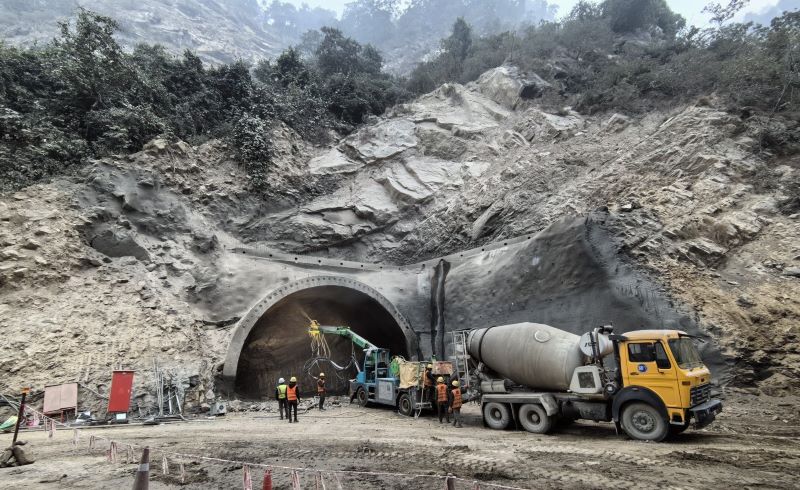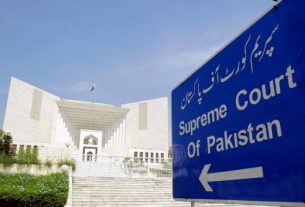Nepal has officially joined China’s Belt and Road Initiative (BRI) by signing a key framework agreement in Beijing, signaling a transformative shift in its foreign policy priorities. Breaking from tradition, Nepalese Prime Minister KP Sharma Oli chose Beijing over New Delhi for his first official visit following his election, underscoring a closer partnership with China.
The agreement, announced Monday, establishes the basis for executing projects under the BRI. Nepal’s Ministry of Foreign Affairs confirmed the signing of the “Framework for Belt and Road Cooperation” but refrained from revealing specific details. Reports indicate that the pact facilitates project planning, coordination, and financing, with China positioned to spearhead funding and management of Nepal’s infrastructure development.
Nepal had initially shown interest in the BRI in 2017, but progress stagnated for seven years due to political disagreements and a lack of an operational framework. The latest deal resolves these impediments, potentially enabling the development of transportation networks, airports, and railways. Nevertheless, the agreement has reignited concerns over Beijing’s alleged “debt diplomacy,” wherein smaller economies struggle to repay loans, leaving them vulnerable to Chinese influence over key assets.
Domestically, the move has drawn significant criticism. Opposition parties and factions within Oli’s government have voiced apprehensions about increasing debt burdens on Nepal’s already strained economy. A case in point is the Chinese-funded Pokhara International Airport, developed with a $200 million loan from China. Opened last year, the airport has faced operational inefficiencies, including India’s decision to deny airspace access due to security concerns. Critics argue that the airport’s underperformance stems from both low demand and geopolitical tensions.
India, which shares deep historical and cultural ties with Nepal, has expressed unease about Kathmandu’s closer alignment with Beijing. New Delhi views the increasing presence of Chinese-funded infrastructure near its border as a potential security threat. Indian officials have particularly raised concerns about the possibility of China using facilities like the Pokhara airport for military purposes.
The agreement highlights Nepal’s precarious position as it attempts to balance the strategic interests of its two powerful neighbors. While Kathmandu sees potential economic benefits in Beijing’s ambitious global initiative, its alignment with China could further strain relations with India. Observers warn that Nepal’s increasing reliance on Chinese investments could lead to long-term economic and political vulnerabilities.
As the BRI continues to reshape geopolitics in South Asia, Nepal’s decision represents both an opportunity for infrastructure growth and a risk of deepening regional tensions.





